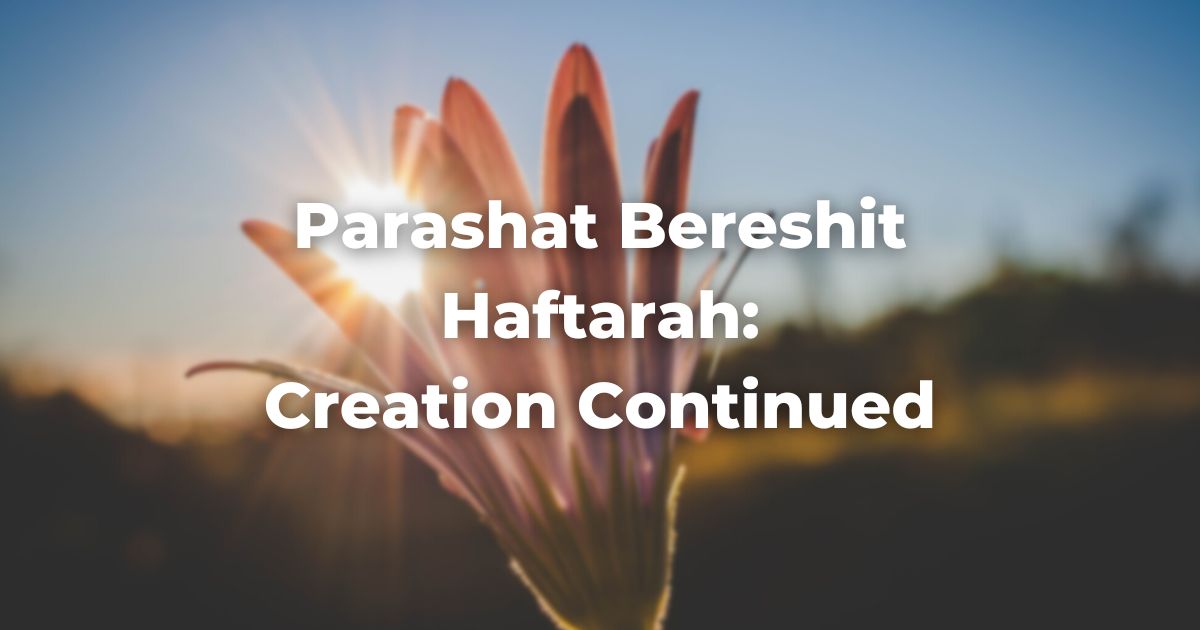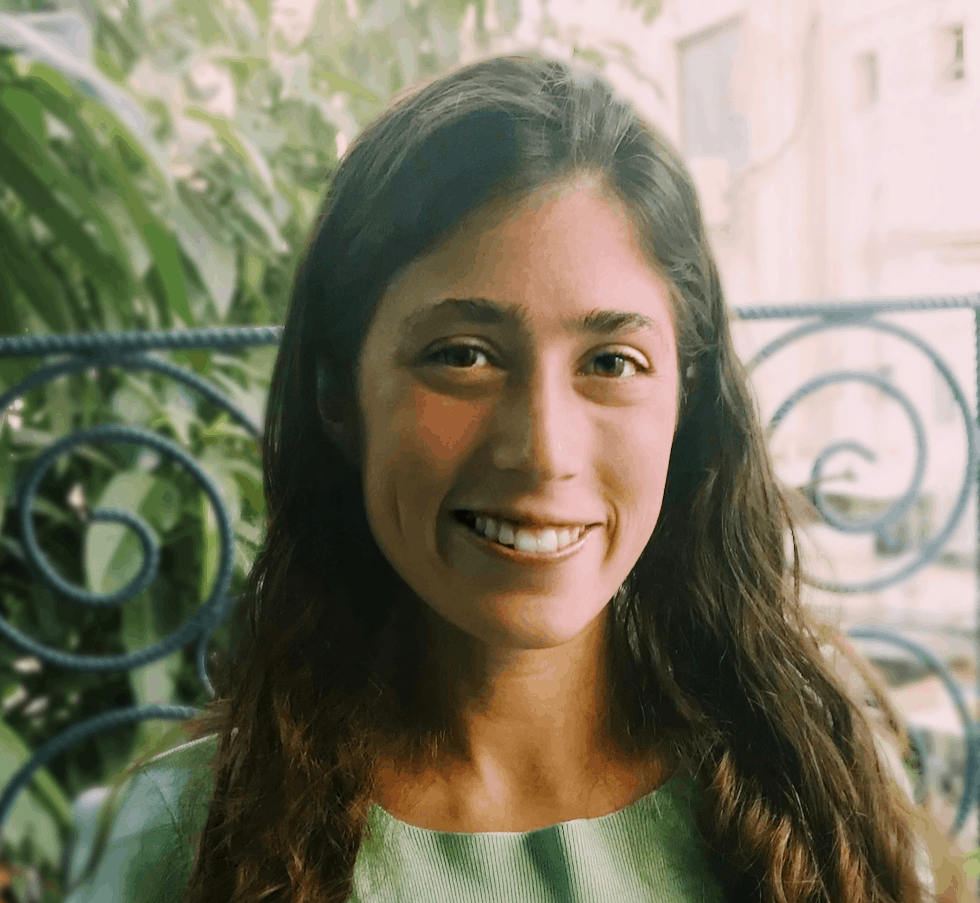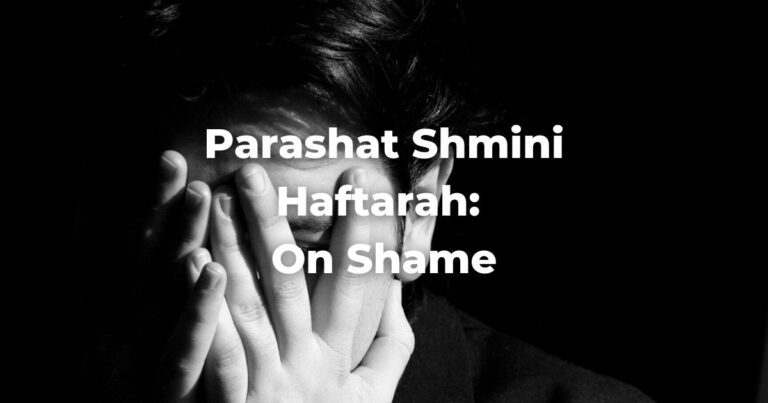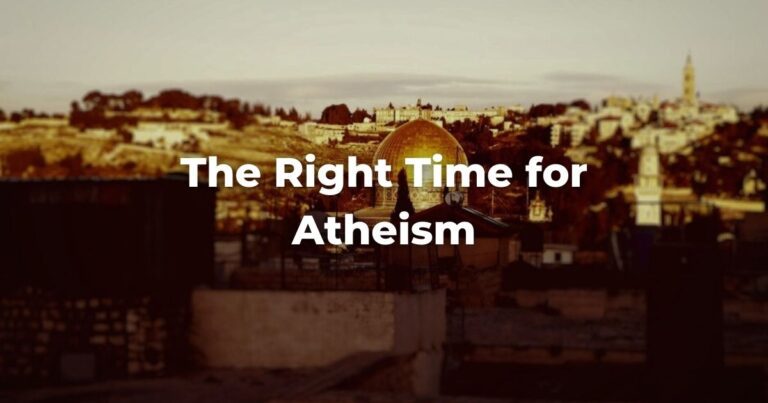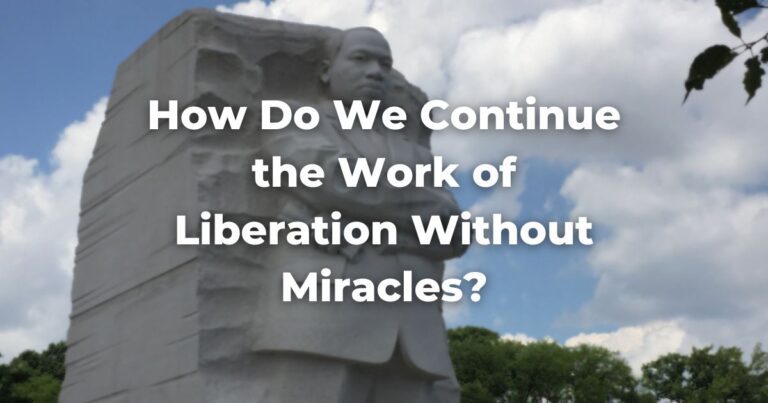Parashat Bereshit Haftarah Reflection
In the beginning, God spoke and God saw and God named. And thus, the world was created.
God creates the physical world through physical actions, engaging God’s five senses. Our haftarah, Isaiah 42-43, fleshes out this idea of the world being created through physical interaction with it.
Spoken to the Jews in exile after the destruction of Jerusalem and the First Temple, it promises that creation is ongoing, even when we feel unable to note it with our five senses.
The portion begins with a reminder of who God is – we may have forgotten after all, what with the destruction and the exile. We are told (as translated by Robert Alter) that God is:
“the LORD, Creator of the heavens, He stretches them out, lays down the earth and its offspring, gives breath to the people upon it and life-breath to those who walk on it.”
God is the creator, just as God was all the way back in Genesis 1. Once again, we find mention of creation, heavens, earth, breath, life-breath, and stretching. Moreover, the verbs are all participles, showing that this is an ongoing act of creation rather than a one-time event.
How is creation ongoing? Through the Israelite people.
In Genesis 1, God creates light. In Isaiah 42, it is the Israelite people who are to be “a light unto the nations.”
And yet, in this ongoing creation, there is a lingering question of what all the destruction before this moment had been about.
Where was God and God’s creative ability? If creation was ongoing but no one observed it, did it actually still happen? Did creation cease when God disappeared?
God explains that, “I have been silent a very long time, kept my peace, held Myself in check.” But now, “like a woman in labor now I shriek, I gasp and also pant.” There is a suggestion that the process of creation had been hidden from us, had been occurring where we could not see it, much like a pregnancy, while God did not communicate with us.
Now, the silence is over and God will once again make creation and observable fact.
However, we no longer need our five senses to behold creation or to cause creation. We are described as blind and deaf, unable to use our senses. God describes us as “a blind people that yet has eyes and the deaf that yet have ears.”
And yet, despite our inability to interact with the world, God chooses us as the “witnesses” to creation, saying, “You are My witnesses, said the LORD, and My servant whom I have chosen, so that you may know and trust in Me and understand that I am the One.”
Here, the Jewish people become the ones to witness the ongoing reality of God, whom we cannot see. If God created in Bereshit through a physical act, we become God’s partners in creation through a mental act, a choice to act as a light unto the nations.
See more: Parashat Bereshit
Originally posted as part of the Conservative Yeshiva at the Fuchsberg Jerusalem Center’s Torah Sparks. Support TorahRefers to the first five books of the Hebrew Bible, the Tanakh, also called the Five Books of Moses, Pentateuch or the Hebrew equivalent, Humash. This is also called the Written Torah. The term may also refer to teachings that expound on Jewish tradition. Read more learning from the Fuchsberg Jerusalem Center/Conservative Yeshiva for leaders and seekers around the world here.
Authors
-

Bex Stern Rosenblatt is the Conservative Yeshiva’s Faculty-in-Residence for the Mid-Atlantic Region of the United States, teaching Tanach, using the techniques of close-reading, theater, feminist readings, and traditional commentators. Bex also directs the CY’s recruitment efforts in North America. After finishing her B.A. in History and German at Williams College, Bex received a Fulbright Grant to Austria. She later earned an M.A. in TanakhAn acronym for the name of the Hebrew Bible: Torah, Neviim, and Ketuvim. Read more from Bar Ilan University and has also studied at the Conservative Yeshiva and Bina Jerusalem. Bex is the founder of HavrutaA study partner. A hevruta is more than just a ‘study buddy’ it is a serious and personal relationship between colleagues. Also spelled: Havruta Read more Tel Aviv, an organization that facilitates guided pair-learning of the Tanakh.
View all posts -



The Fuchsberg Jerusalem Center (FJC) is a home in the heart of Jerusalem where leaders and seekers can find an authentic place in Jewish tradition to call their own. FJC offers opportunities to study, pray and explore within an egalitarian and inclusive setting, creating multiple pathways for finding personal and communal meaning.
View all posts

